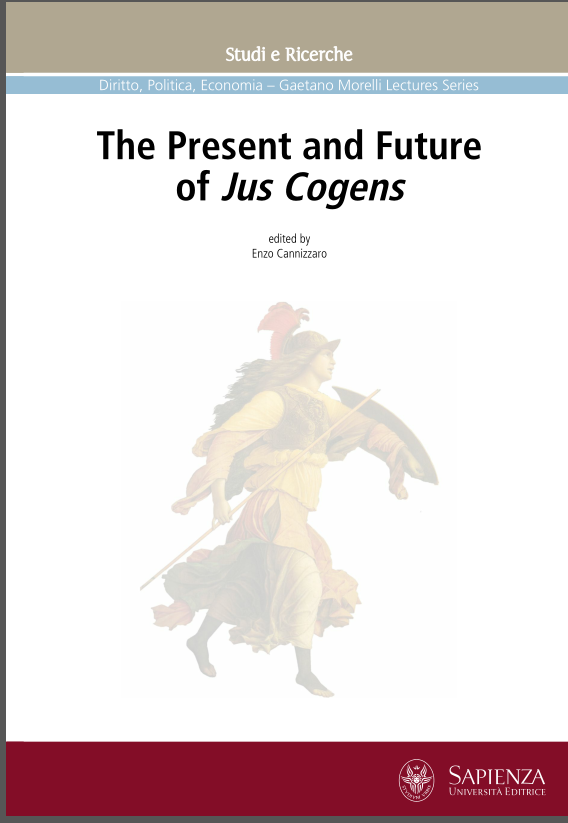

Most ebook files are in PDF format, so you can easily read them using various software such as Foxit Reader or directly on the Google Chrome browser.
Some ebook files are released by publishers in other formats such as .awz, .mobi, .epub, .fb2, etc. You may need to install specific software to read these formats on mobile/PC, such as Calibre.
Please read the tutorial at this link: https://ebookbell.com/faq
We offer FREE conversion to the popular formats you request; however, this may take some time. Therefore, right after payment, please email us, and we will try to provide the service as quickly as possible.
For some exceptional file formats or broken links (if any), please refrain from opening any disputes. Instead, email us first, and we will try to assist within a maximum of 6 hours.
EbookBell Team

5.0
20 reviewsThis book gathers the contributions presented to the first edition of the
Gaetano Morelli Lectures, held in the Spring of 2014.
In presenting this initiative, also on behalf of my colleagues, Paolo
Palchetti and Beatrice Bonafè, I wrote:
“The aim of the Lectures is to offer conceptual tools for appraising contro-
versial knots of international law in its continuing development. There is
a lot of sense, in our view, for doing this. International law is one of the
branches of legal science where the pressing need for change goes hand
in hand with the persistence of its basic legal paradigms. It is this
unique blend of theory and practice, of tradition and innovation, which
makes international law so challenging and ultimately explains its on-
going intellectual fascination”.
This sentence condenses our shared view of the Lectures and, more
generally, our vision of legal research, as an incessant collective re-
flection capable to shake continuously our most consolidated ideas
and preconceptions.
This is the reason which led us to choose jus cogens as the topic for
the first edition of the Lectures. Jus cogens is not only a “classical ac-
complished” of international law. It is, first and foremost, a litmus test
for its future development, situated at the crossroad from where di-
verse perspectives depart: one which leads back to the traditional bi-
lateralist conception; another, at the other end of the spectrum, which
leads to new and still unexplored territories, where the common val-
ues of mankind unfold all their potentialities.